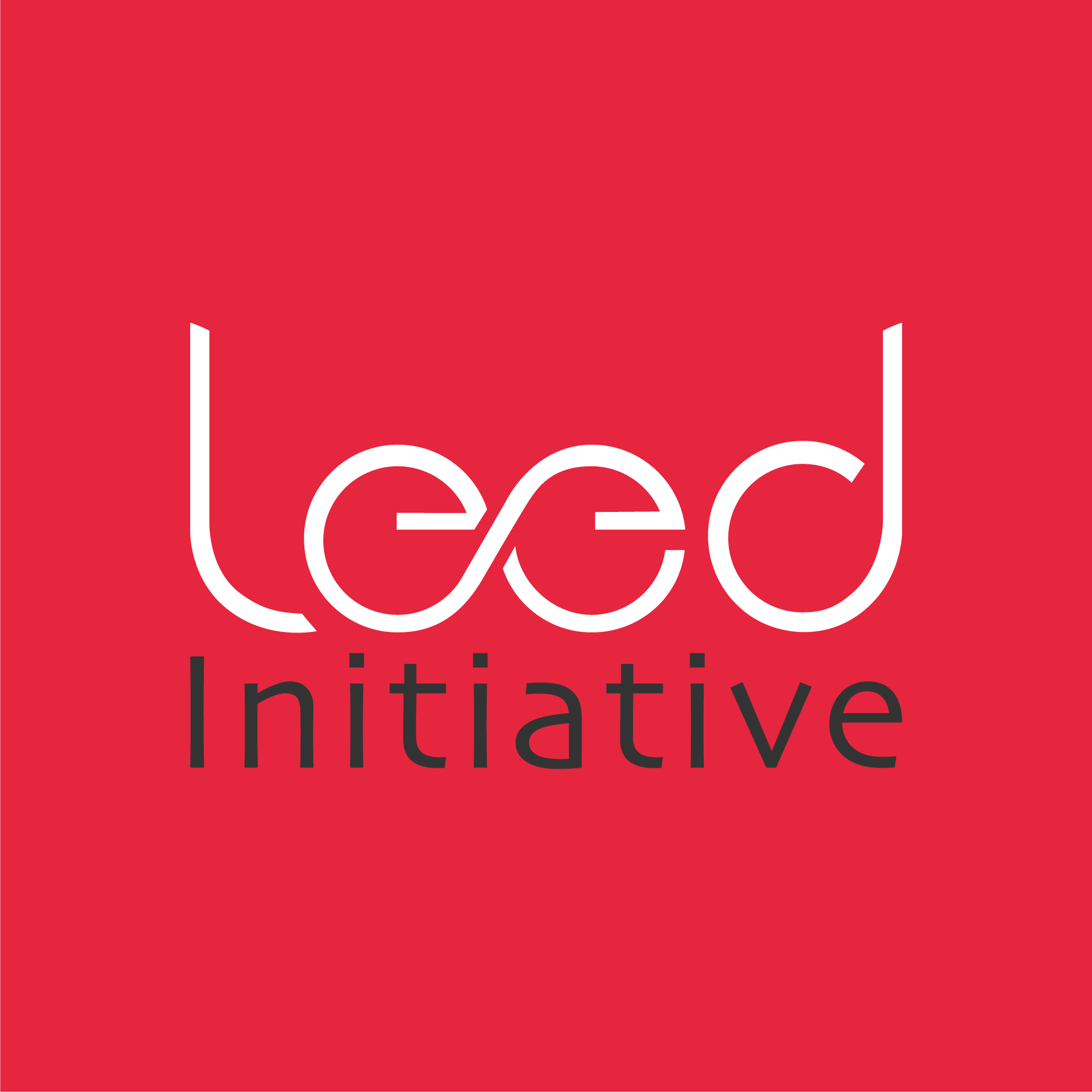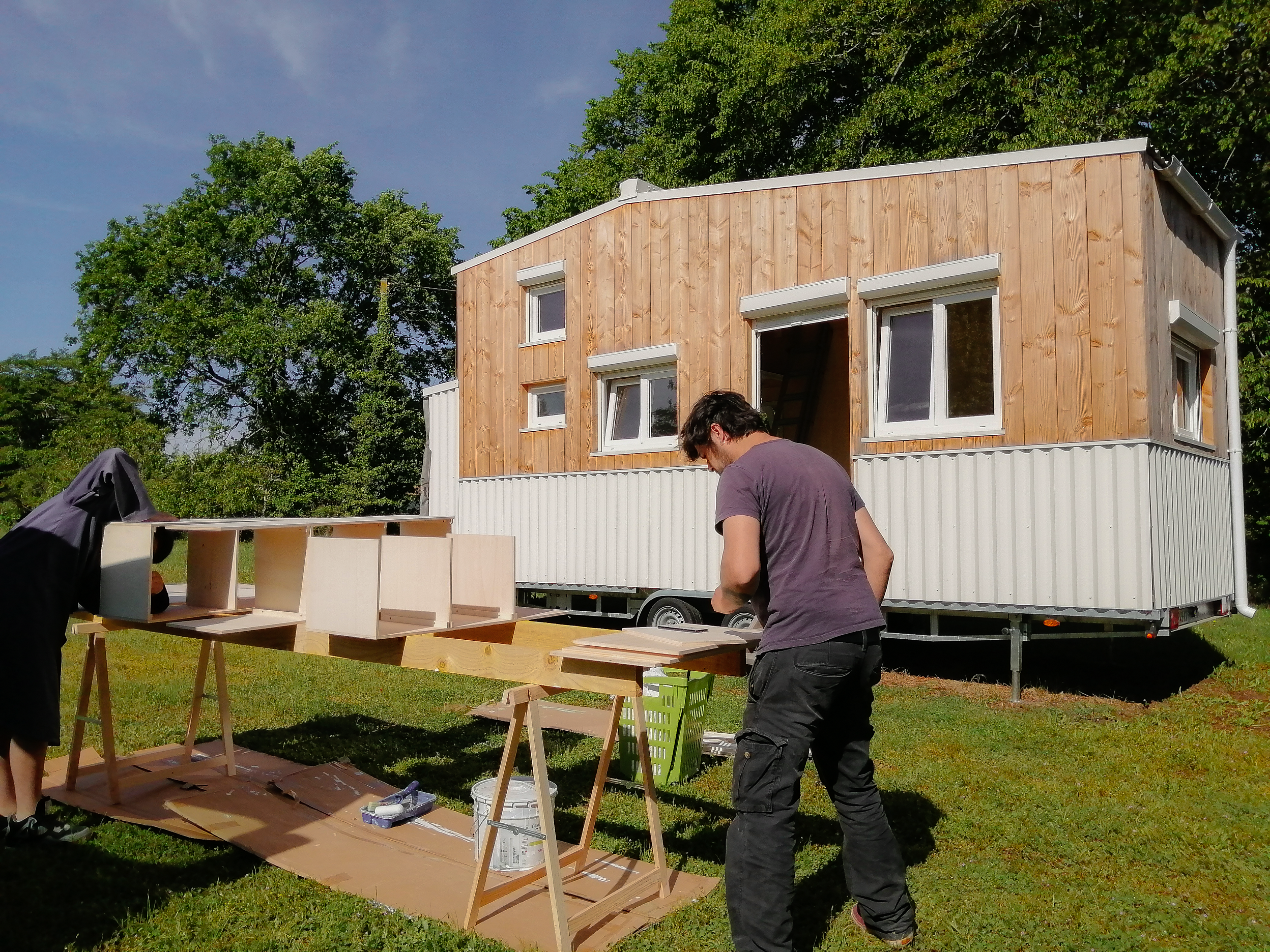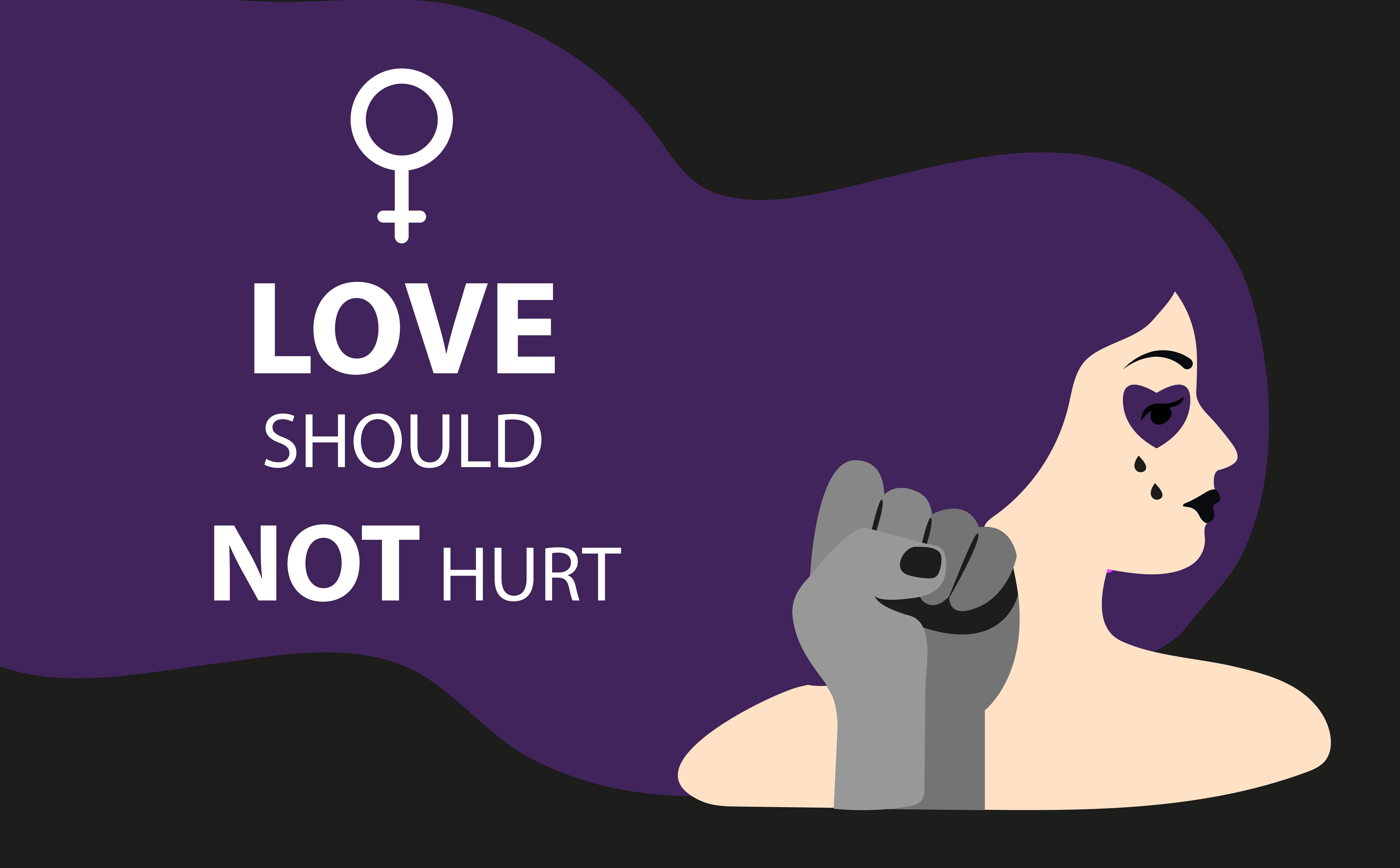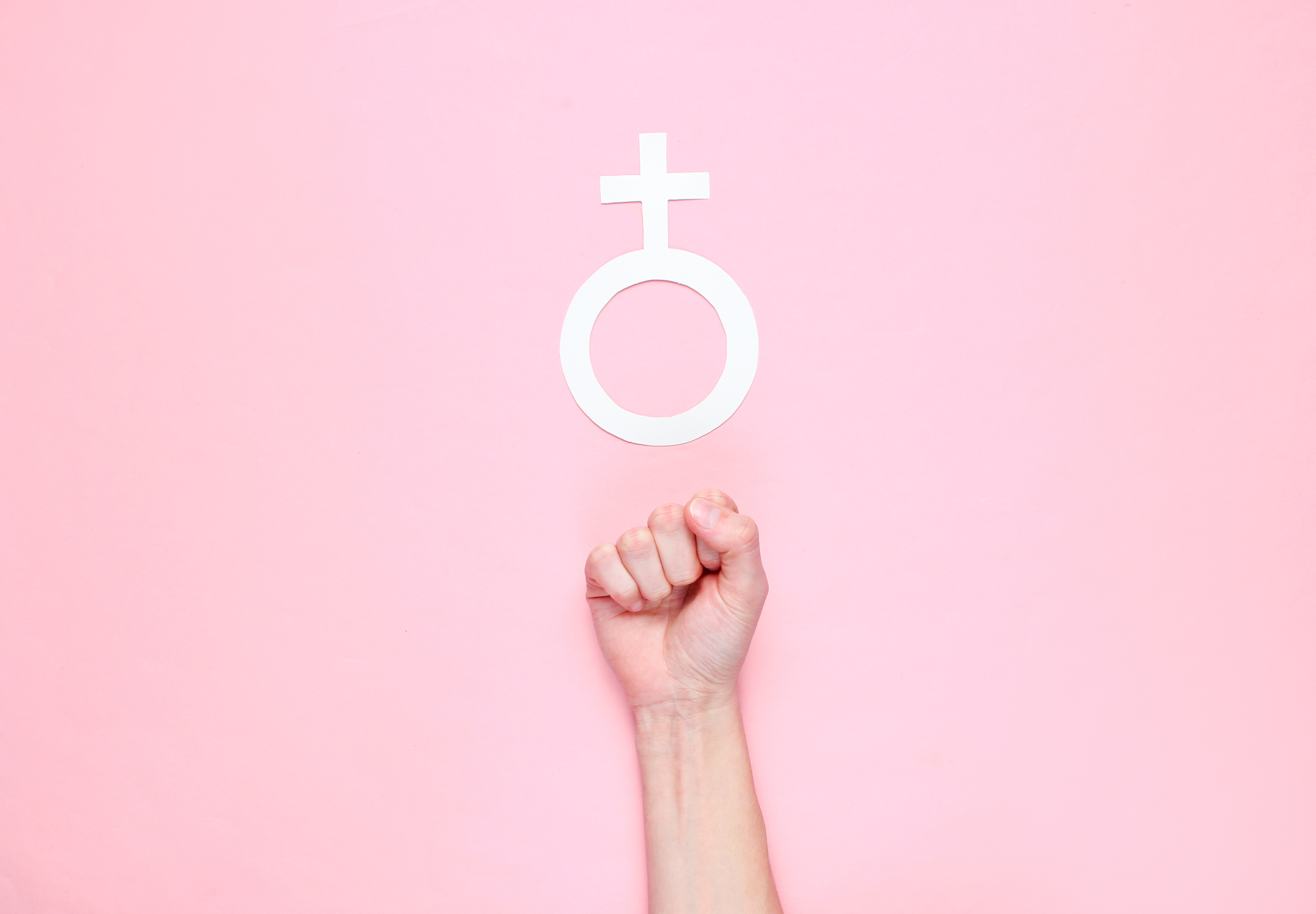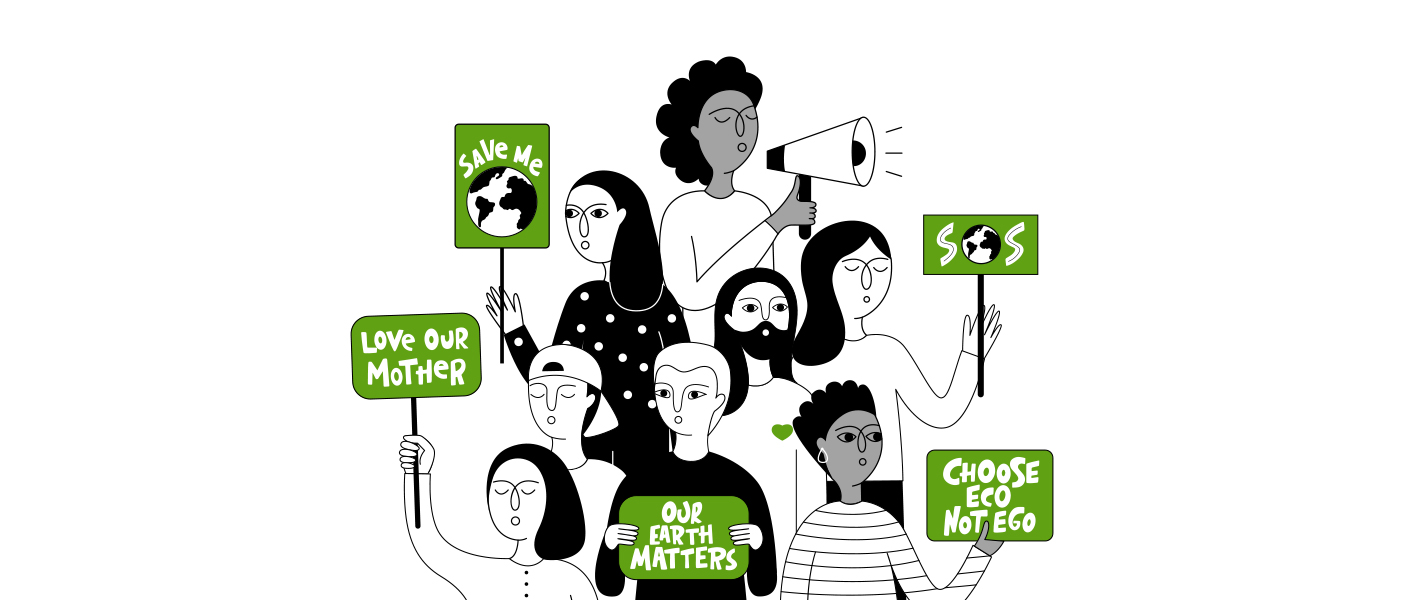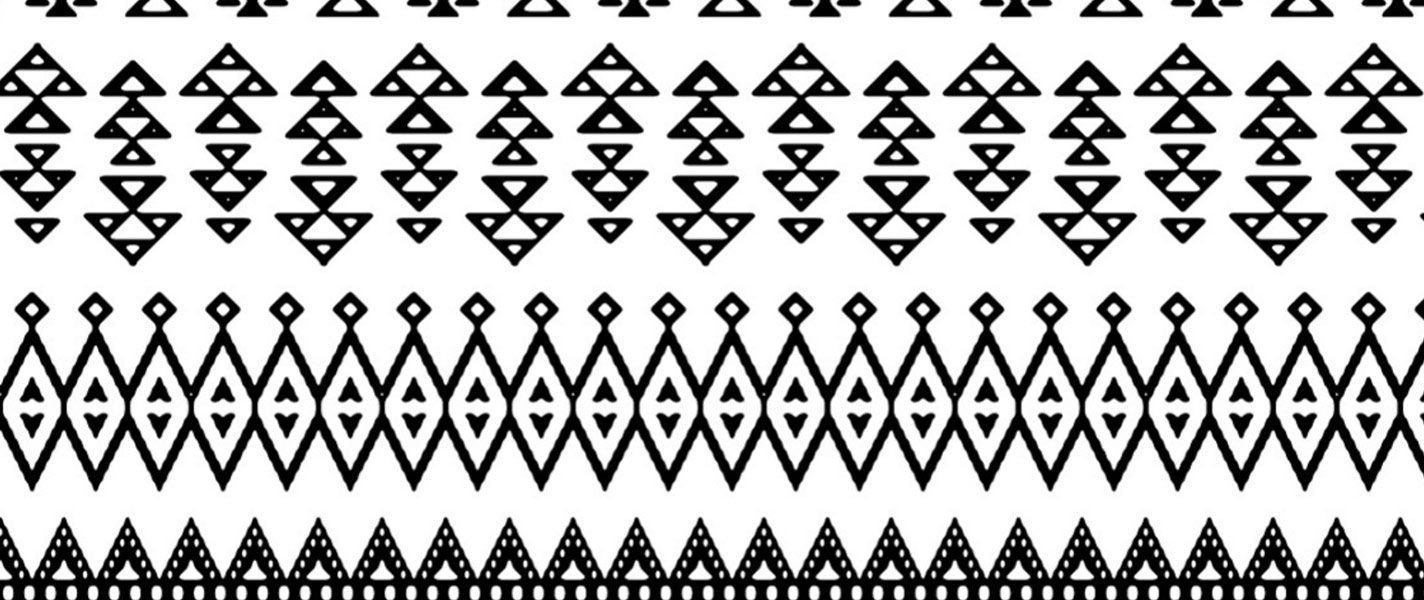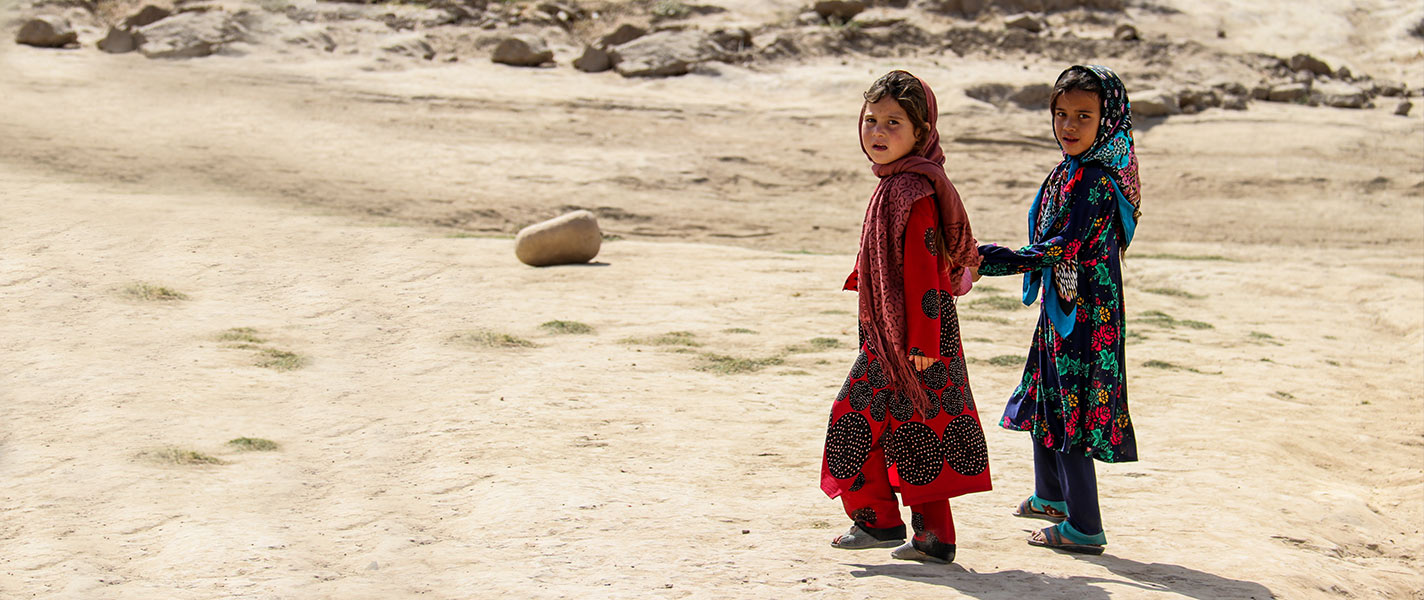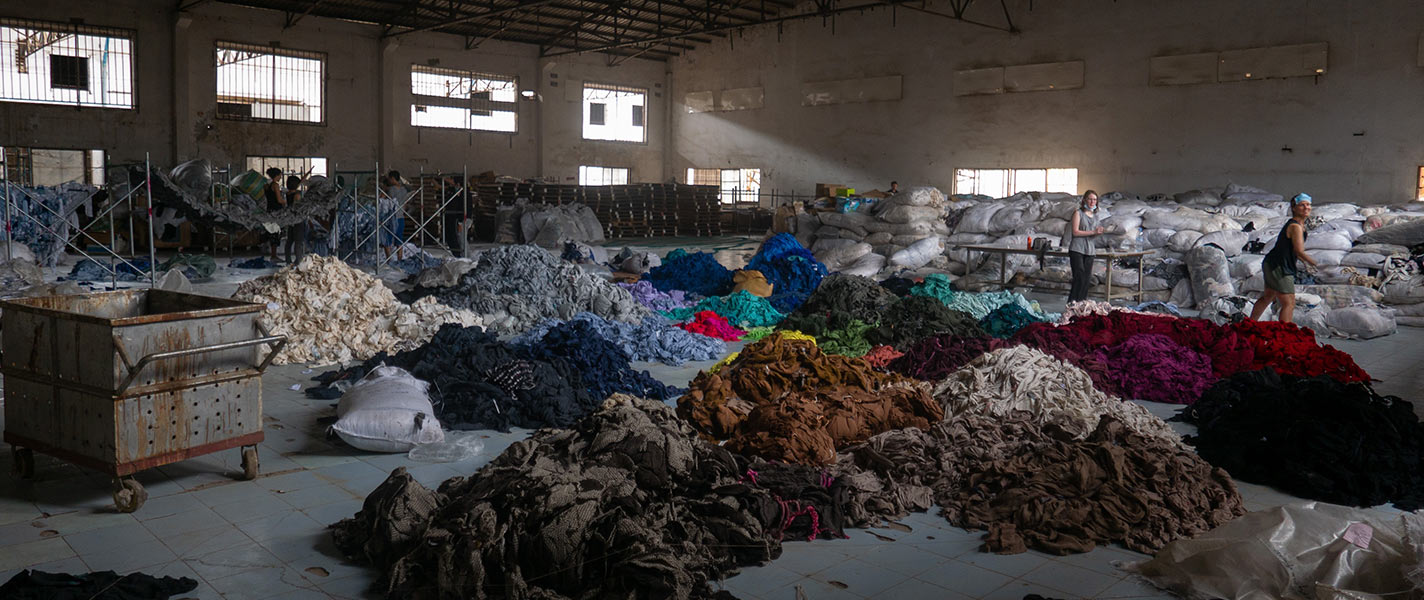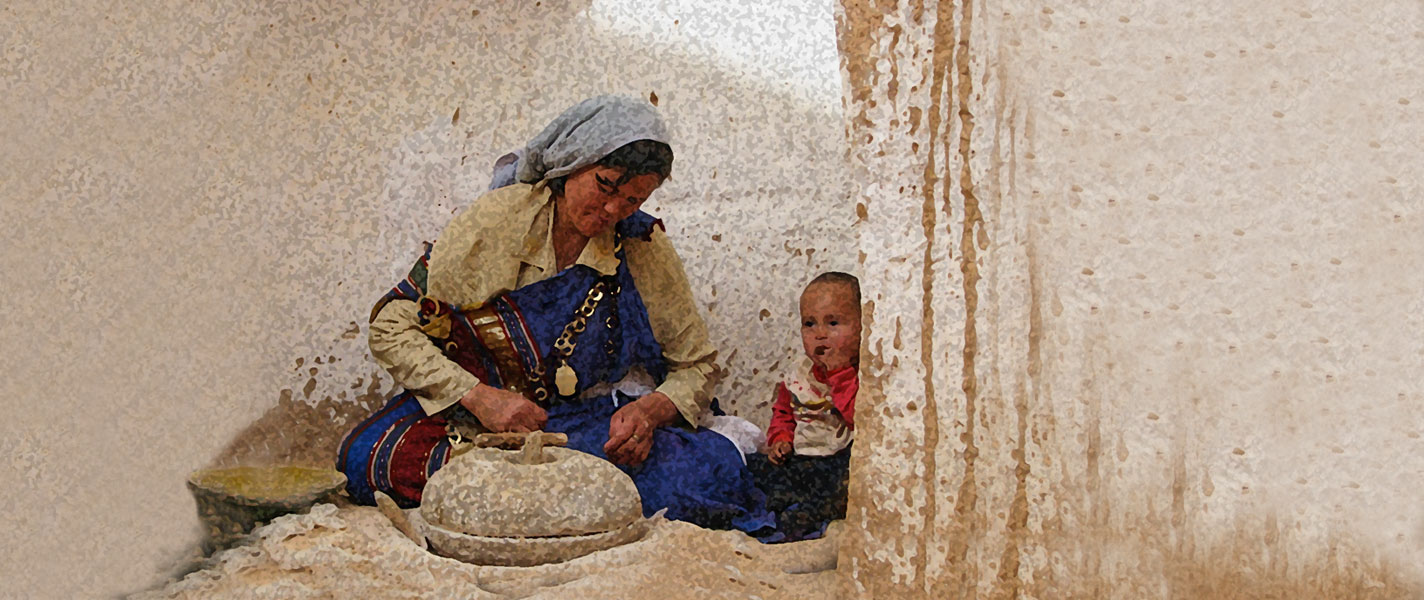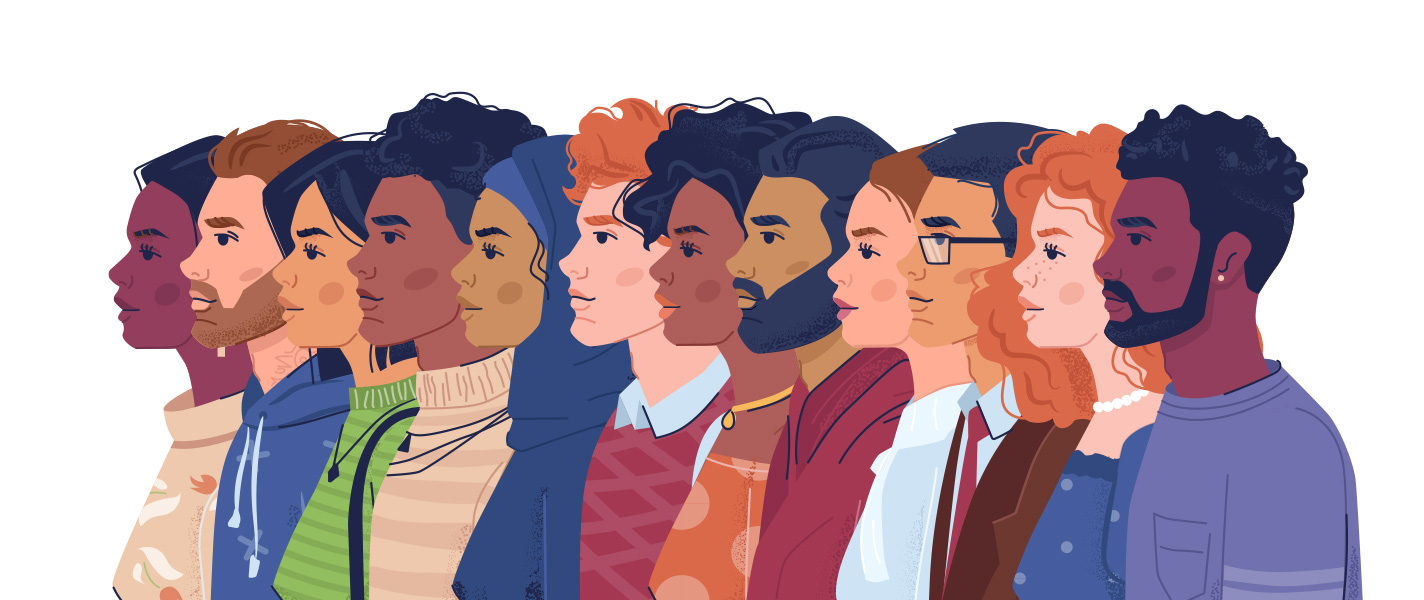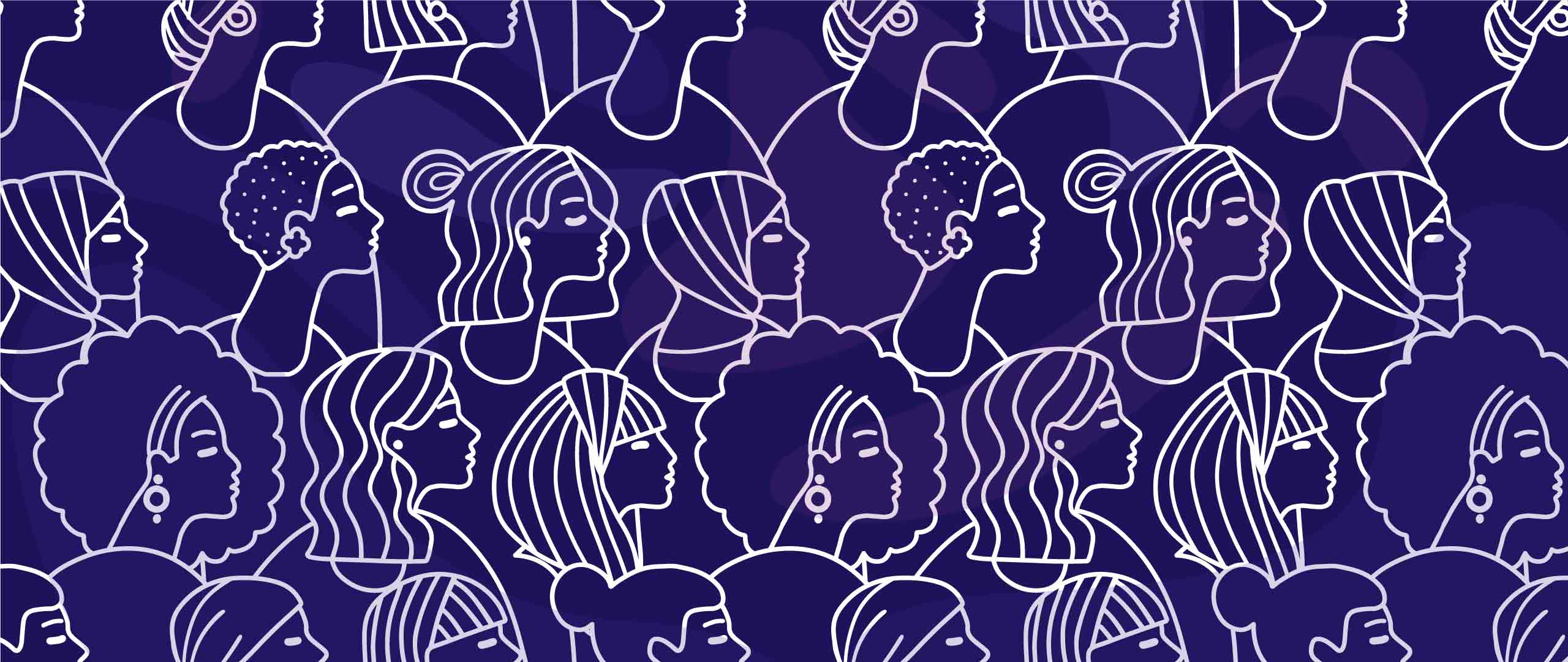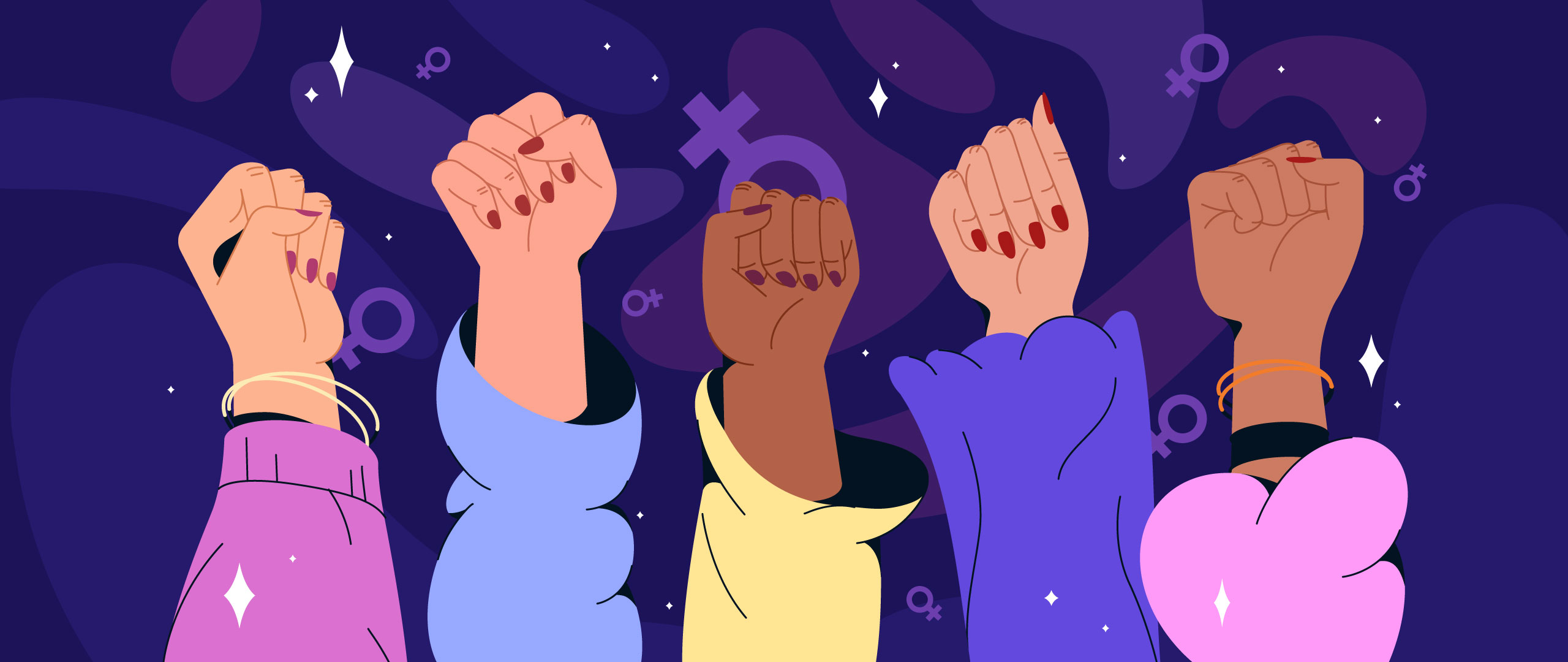The Unique Trajectories of Three Brilliant Entrepreneurs!
Although the gender gap in entrepreneurship has been reversed for many MENA countries in recent years, this advance has not translated into a narrowing of the gap in the job market.
For its fourth edition of the Digital Saloons, LEED Initiative took the opportunity to explore, examine, and celebrate the topic of women entrepreneurship by hosting three inspiring women entrepreneurs from France, Lebanon, and Tunisia, to share their unique insights into the world of entrepreneurship, in hopes of inspiring younger female entrepreneurs in the region.
The last decade had witnessed a rise in female entrepreneurs in many fields and sectors in relation to economy and managing one’s business. However, women entrepreneurship remains an unexploited source of economic growth for countries in the Middle East and North Africa region due to the Arab socio-cultural structures that still perceive women only from the narrow and notorious lenses of a housewife.
These women find themselves torn between opportunity and tradition. They are burdened with a plethora of hardships in their efforts to launch their own businesses, mainly because of specific gender barriers. As a matter of fact, a research made by Bettina Lynda Bastian, entitled “Gender Inequality: Entrepreneurship Development in the MENA Region”, shows that societies in the MENA region are highly gendered because of an intersection between culture, patriarchy, and religion (Islam) that leads to predominantly conservative (religious) orientations, which in turn significantly constrain female agency and opportunities.
Gender Inequality, the Salient Hindrance of Female Entrepreneurship
While women are highly active in the business sector and own 36% of small businesses worldwide, according to a statistic issued by Jenifer Kuadli; we still see very few female business leaders, CEOs, or investors in the MENA region. Indeed, the testimonials of our panelists; Célia Corneil, the Founder of Kandeel and Lemon Tour, Reine Abbas, the founder of Spica Tech and co-founder of Wixel Studios, and Ines Cheniour, the founder of COMMITT, highlight the numerous challenges and the ups and downs that women entrepreneurs encounter worldwide in their entrepreneurship journeys and the acute need to provide spaces for these women to share their authentic and unfiltered stories of success.
One of the salient reasons behind the lack of female participation in the business field is gender inequality. Gender inequality is one of the oldest forms of inequality. It refers to the legal, social and cultural situation in which sex and/or gender determine different rights and dignity for women and men, which are reflected in their unequal access to or enjoyment of rights, as well as the assumption of stereotyped social and cultural roles. According to Boston Consulting Group (BCG), the global economy can be doubled from $2.5 trillion to $5 trillion only by enabling equal gender participation in activities related to entrepreneurship. Hence, Gender inequality, fueled by rigid social and cultural norms, leads to a persistent lack of network occasions to be mentored or advised and further restricts the launch and development of female businesses in the MENA.
However, in recent years, we have witnesses a growing awareness in the MENA that entrepreneurship is a fundamental key to empowering women and subsequently accelerating gender equality as many institutions in the MENA countries advocate for women entrepreneurship, offering them opportunities and new access to public life whether in the form of incubators, training, mentoring or marketing. As result, with the growing number of female –owned businesses in the Middle East, women entrepreneurs will contribute to boost economic growth rates
Despite many challenges, women entrepreneurs thrive in the MENA region and beyond, making a positive impact in their communities and giving hope for young girls. Whether in the tech-field, in business, in agriculture, video games, healthcare, or social work, these women continue to break barriers, trying to embark in male-dominated fields, disrupting gender-biased practices, making history in the process.

